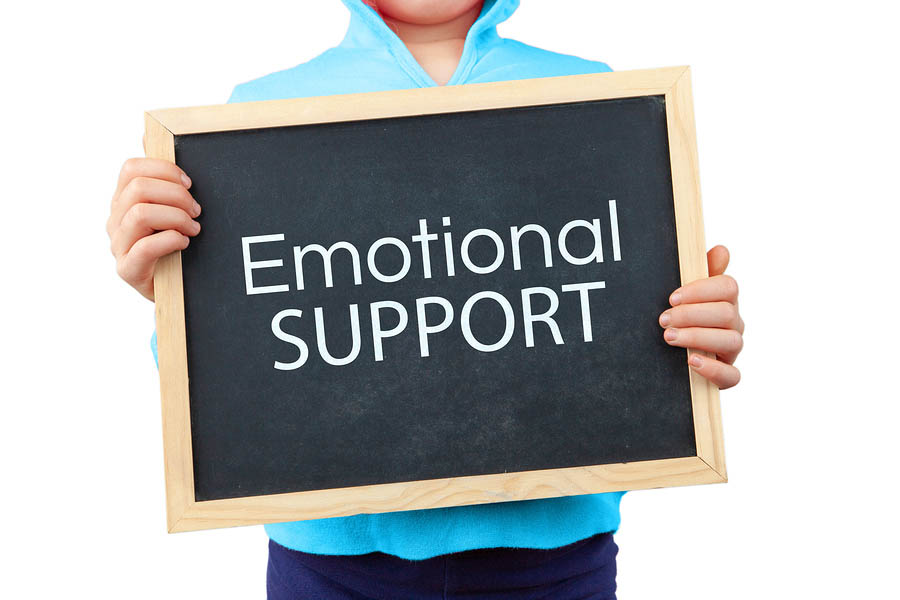What are the Emotional Needs of the Elderly?

Many people associate getting old with changes in body function, but not many recognize there are also emotional changes that come with age. To make things more difficult, the changes brought on by natural changing may be joined by changes related to dementia or other challenging circumstances. But understanding more about the emotional needs of the elderly can be a great step towards helping to provide the best possible support you can.
Emotional Changes in Old Age
There are many emotional effects of aging, and many of them are positive. For instance, older adults tend to be more emotionally stable than their younger counterparts. They also tend to focus more on the good things in life. Nevertheless, as we start to face new challenges in life, we require new support. And old age can bring many kinds of challenges.
So what are the emotional needs of the elderly? For instance, it’s no secret that elderly people are more vulnerable. They may be vividly aware that even a minor fall could be a serious threat to their independence. And knowing that you’re vulnerable leads many older adults to feel more anxious about their safety. Recognizing that anxiety, you can try to help alleviate it by making a loved one’s environment provide a persistent sense of security and safety.
And then there are changes related to illnesses. For instance, diseases like Alzheimer’s can impact memory, thinking, and emotional response, so it’s important to understand the emotional needs of dementia patients. Alzheimer’s can also create a shortened attention span leading to impatience, agitation, and even aggressiveness. People may begin to lose confidence in their judgement and face social stigma over their disease, making the emotional needs of a person with Alzheimer’s even harder to manage.
Depression & Emotional Support for the Elderly
Retirement sounds like a dream for someone who’s been working regularly for decades, but inactivity can also be a recipe for boredom and depression. Seniors who fail to keep their minds and bodies engaged with the world are at a far greater risk of suffering from depression.
Unfortunately, depression is quite common among the elderly. Feelings of loneliness and isolation are not uncommon as someone watches their close friends and family begin to pass away. To make matters more difficult, depressed people may experience a lack of self-worth, and so break off emotional connections with people.
But feeling disconnected from the world can be as dangerous as any chronic health condition. According to the AARP, prolonged isolation is about as unhealthy as smoking a pack of cigarettes each day. Regardless of age, most people want to feel a sense of belongingness. No comprehensive emotional support for the elderly would be complete without a means of helping seniors join and engage in some form of community.
Some Things Stay the Same
Age can wear down autonomy and independence, but people of all ages want to feel a sense of control over their lives. If you can empower loved ones to take on simple day-to-day tasks, that will often help restore a sense of control. Likewise, people also like to feel a sense of purpose. Simple hobbies like gardening are great for that.
All in all, emotional support for elderly people isn’t all that different from supporting other adults. If you can identify what someone is feeling and empathize with them, you’ll have a much easier time being as supportive as possible when dealing with emotional changes in the elderly.
Subscribe
Date: 2019-12-04


